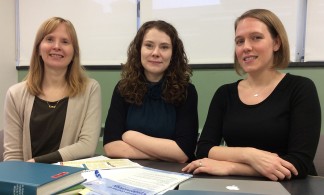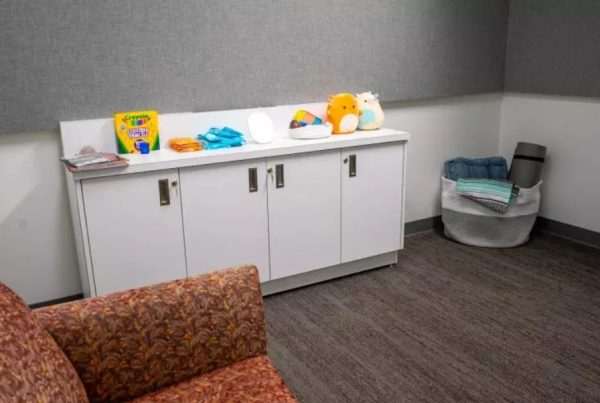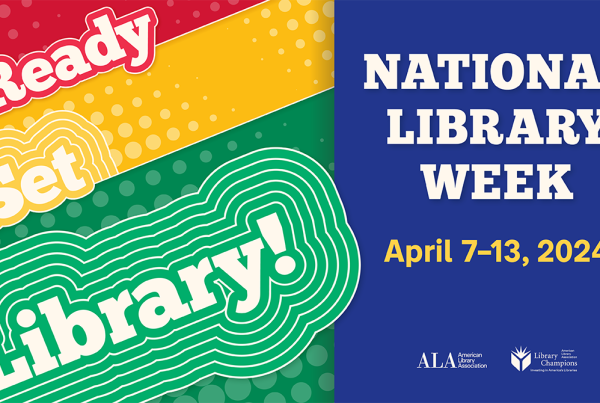by Erinn Aspinall
The health sciences literature holds discoveries that advance practice and care. Each article is valuable on its own, but when viewed as part of a body of literature on a topic, the findings – or evidence – contained in this body of work becomes a powerful tool in advancing practice.
This is where systematic reviews come into play. Systematic reviews are literature reviews focused on a research question that aims to identify, appraise, select, and synthesize all high quality research relevant to that question.
Health sciences librarians have provided informal support of systematic reviews for years and have formally taken on this role with the launch of their Systematic Review Service just over a year ago.
“This service provides a venue to share our deep expertise and has resulted in partnerships with Academic Health Center faculty and researchers,” says Lisa McGuire, Associate Director of Health Sciences Libraries.
Systematic Review Service
Though still in its infancy, the Systematic Review Service has received over 70 requests. Research topics range from the effectiveness of mind-body treatment for PTSD to identifying adverse drug events using natural language processing to factors that impact childhood vaccination coverage.
“Requests for systematic review assistance come from students, residents, fellows, faculty, and staff,” says McGuire. “Questions reflect many disciplines, including social work, pharmacy, public health, pediatrics, dentistry, and medicine.”
Librarians involved in systematic reviews have been acknowledged for their work. Amy Claussen’s research on the effects of beta-blocker withdrawal in acute decompensated heart failure was recognized in a recent JACC: Heart Failure article.
Nicole Theis-Mahon was also acknowledged in a study on the antimicrobial effect of chlorhexidine varnish on streptococci mutans in patients with fixed orthodontic appliances that was published in the International Journal of Dental Hygiene.
Expanding contributions: Cochrane Collaboration
The work of health sciences librarians in support of systematic reviews has expanded beyond University of Minnesota, with the recent invitation by Philipp Dahm, M.D., to be part of his Cochrane Collaboration Urology Group.
“The Cochrane Collaboration is considered the preeminent creator of systematic reviews and one of the best sources for evidence around health care topics,” says Caitlin Bakker.
Bakker, Biomedical/Research Services Librarian, was the first librarian to contribute to the Cochrane Collaboration Urology Group.
“Our role in the process is as Trial Search Coordinators,” she said. “This means that we peer-review search strategies for the systematic reviews, execute the search strategies, and co-author the systematic reviews.”
“Librarians at the Bio-Medical Library play an essential role in the Cochrane Urology Trial Search Coordinator Network,” says Dahm. “Their work assures that published systematic reviews are based on comprehensive, high quality and up-to-date search strategies.”
To date, Bakker has completed searches on two topics. These include the use of desmopressin to treat nocturia in men with benign prostatic hyperplasia and penile rehabilitation for post-prostatectomy erectile dysfunction.
Looking at Bakker’s work, it is clear that systematic review expertise requires both an in-depth knowledge of search strategies as well as expertise in medical terminology.
“Because systematic reviews are used to make clinical recommendations, the goal is to capture all available research on the topic,” says Bakker. “It’s really necessary to understand how the different databases work, what functionality is available, and how that might be leveraged.
“You have to work diligently to identify subject headings, keywords, and synonyms since an incomplete search could mean that important information is missed which could ultimately lead to less reliable guidelines for practice.”
Supporting Evidence Based Care
Evidence-based practice has become the gold standard for health care, but getting to the best evidence is not as easy as you might expect.
The work of Claussen, Theis-Mahon, Bakker, and other HSL Librarians involved in systematic reviews shows the importance of knowing how to do comprehensive literature searches in support of evidence-based care.
Says Bakker: “It requires a lot of patience and you have to be very intentional and methodical in your decision-making.” This work directly reflects the training and practice of health sciences librarians.





